More Weight Loss Advice You Haven't Heard Before
We sifted through the latest health books to find the freshest, most helpful insights about slimming down.
By Corrie Pikul and Emma Haak
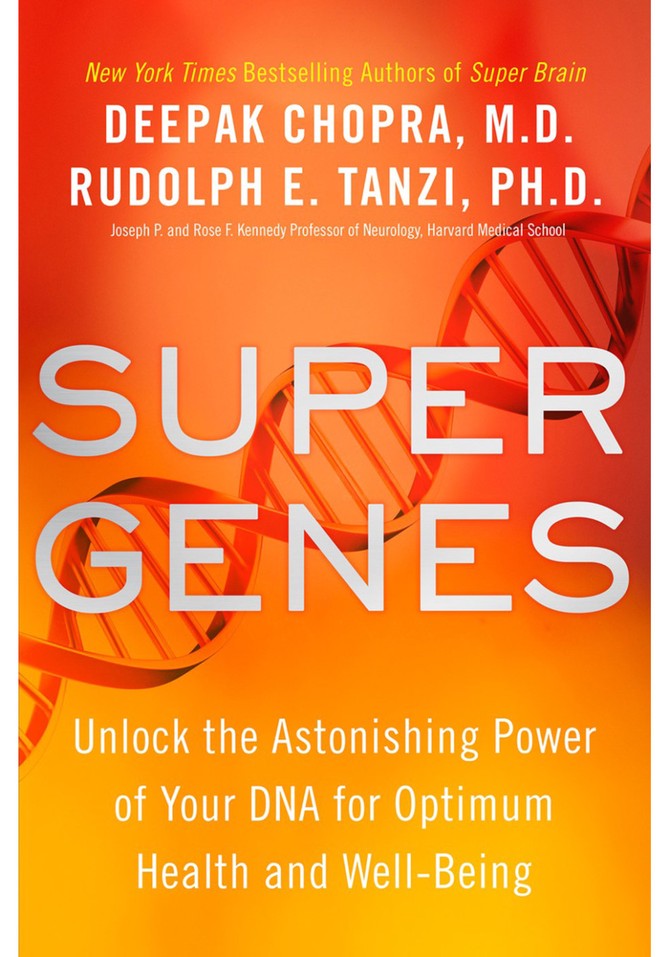
Photo: Courtesy of Harmony Books
Don’t Fall for the Exercise Myth
Practice brutal honesty with yourself about what you're eating versus what you're burning.
Weight loss is a common goal when people begin to exercise, but exercise leads to mixed results. The number of calories consumed through physical activity isn't as great as people suppose. A slightly brisk walk burns 280 calories per hour. Hiking, gardening, dancing and weight training burn around 350 calories per hour. At 290 calories per hour, bicycling under 10 miles an hour burns off little more energy than walking. If your physical activity is vigorous—running, swimming or aerobics—energy consumption increases to between 475 and 550 calories per hour. But even playing a vigorous game of basketball burns off only 440 calories per hour. Considering that a medium-size blueberry muffin contains 425 calories, there's good reason why exercise alone isn't the solution to weight loss.
Reprinted from the book Super Genes: Unlock the Astonishing Power of Your DNA for Optimum Health and Well-Being by Deepak Chopra, M.D. and Rudolph Tanzi, PhD. Copyright 2015 by Deepak Chopra, M.D. and Rudolph Tanzi, PhD. Published by Harmony Books, an imprint of the Crown Publishing Group, a division of Penguin Random House LLC.
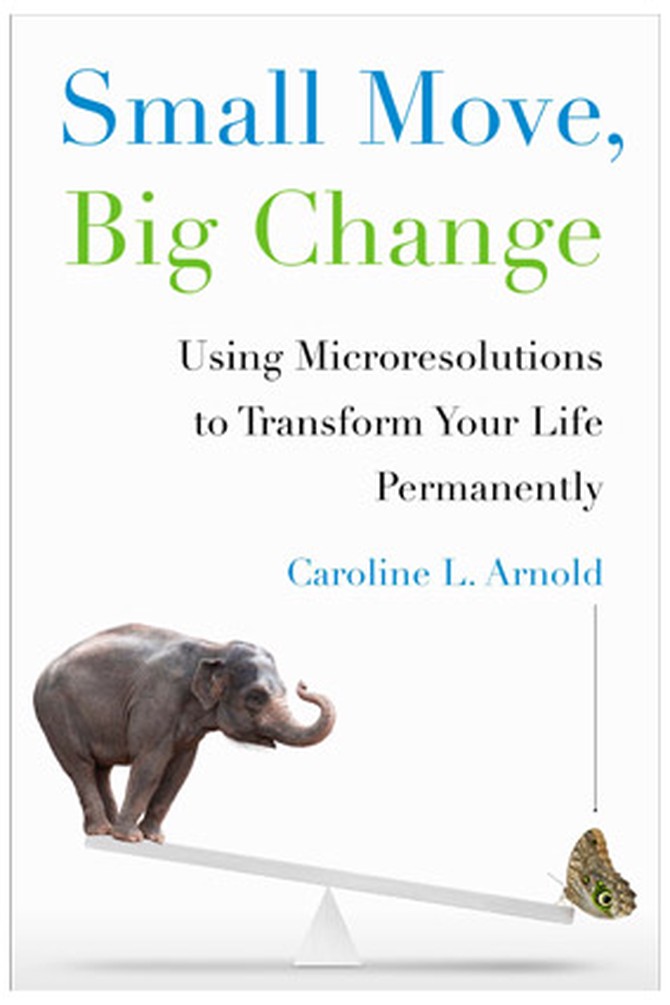
Photo: Courtesy of Viking Press
Choose the Strategy That Finally Worked for a (Former) Snack Addict
Think about what you'll gain when you give up those between-meal bites.
"I resolved to send myself the following message when I was tempted to snack in the late afternoon: 'Dinner is so much more delicious when I'm hungry for it.' My resolution didn't prohibit an afternoon snack; it simply posited the greater pleasure of sitting down to dinner with [a] good appetite. Repeating this message led me to manage my snacks more closely and to give up noshing while preparing dinner (you know, that little piece of French bread, that extra glass of wine). [It] ultimately changed my mind-set; I realized that by choosing to snack richly I was choosing to enjoy dinner less."
From Small Move, Big Change by Caroline L. Arnold. Reprinted by arrangement with Viking, a member of Penguin Group (USA) LLC, A Penguin Random House Company. Copyright © Caroline Arnold, 2014.
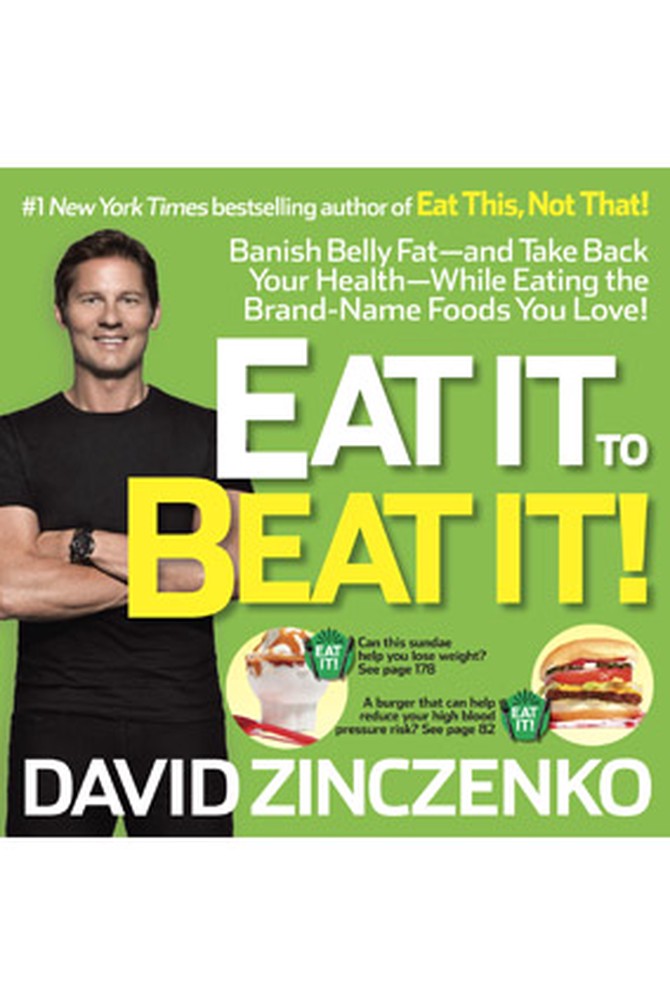
Photo: Courtesy of Ballantine Books
Avoid Junk Food—but Not for the Reason You Think
You know about the obvious science-backed reasons to avoid processed snacks, but be especially vigilant when you're feeling blue.
"For good mental and physical health, you need a balance between two fatty acids, omega-3s (from nuts, seeds, fish and other oily foods) and omega-6s (from cooking oils and grains like corn and soy). In nature they appear in balanced proportions. But processed foods, which come from grains and are often fried in oil derived from grains, are super-high in 6 and often very low in 3. And that's bad: A recent study from the University of South Carolina found that those with the highest intake of omega-6 fatty acids have twice the risk of becoming depressed. Since depression is closely linked to weight gain and high intakes of omega-6s, it's clear that high-calorie fried foods are the saddest foods in America."
Excerpted from Eat It to Beat It!: Banish Belly Fat—and Take Back your Health—While Eating the Brand-Name Foods You Love! Copyright © 2013 David Zinczenko. Excerpted by permission of Ballantine Books, a division of Random House, Inc. (All rights reserved. No part of this excerpt may be reproduced or reprinted without permission in writing from the publisher.)
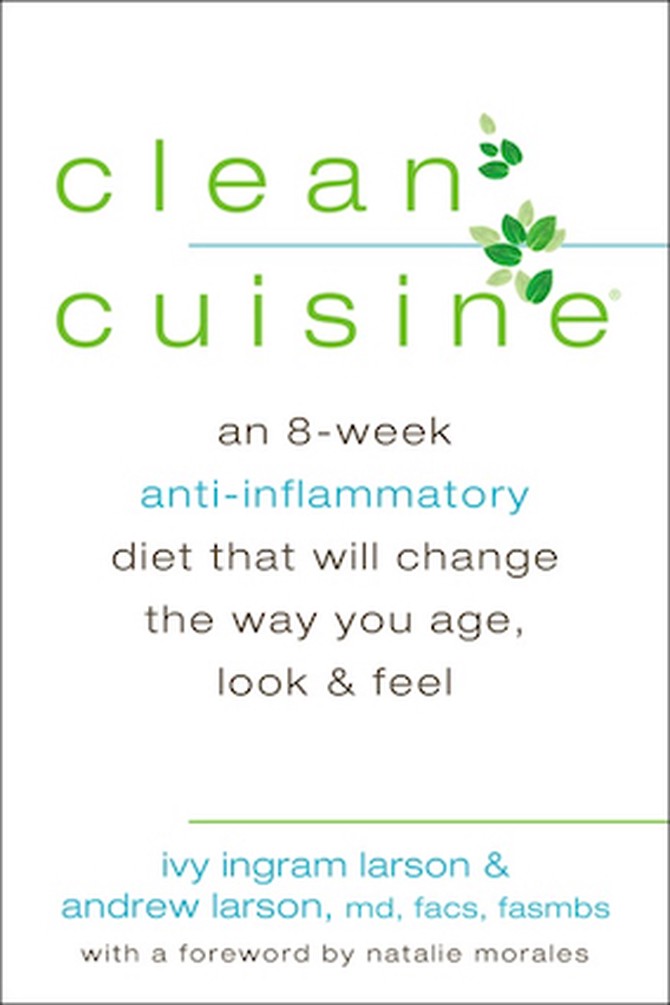
Photo: Courtesy of Berkley Books
Eat the One Diet Food That Beats All the Rest (Including Kale)
Eat (more) fish—and not just because it can balance your mood.
"Omega-3 fish fats can decrease inflammation and help you lose weight. [They] also improve your body's sensitivity to insulin, thus creating a favorable fat-burning environment. In addition, omega-3 fish fats are thought to bind to special receptors in your cells called peroxisome proliferators—activated receptors that actually turn on genes that cause your body to burn fat."
From Clean Cuisine: An 8-Week Anti-Inflammatory Diet That Will Change the Way You Age, Look & Feel (Berkley Trade), by Ivy Ingram Larson and Andrew Larson, MD, FACS, FASMBS.
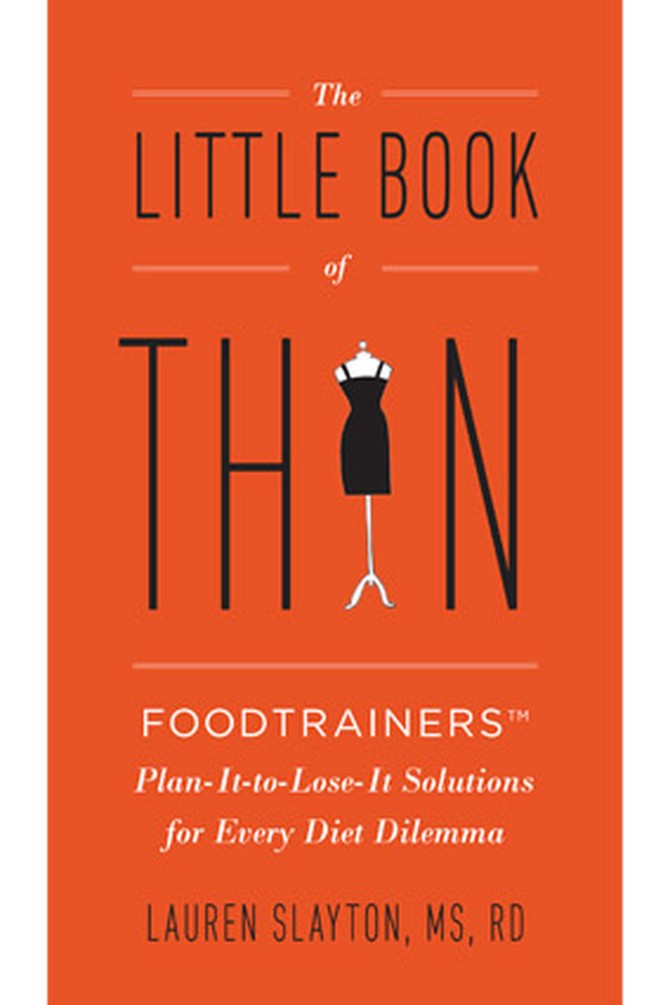
Photo: Cover illustration by Diana Mayre
Make Time for the Diet Phase That Has Nothing to Do With Food
Get your to-dos and must-dos under control.
"[My team] recently conducted a six-week program at an investment firm. Before we started with one-on-one sessions, we gave all the participants homework: Increase their hydration, exercise effectively (only 100 minutes per week to start) and sleep seven hours a night. We thought they might think we were wasting their time with such rudimentary requests. But when we weighed them after the first week, 31 out of 33 newbies had lost weight. When you get your essentials in order, you feel confident and in control and you can tackle other areas of your eating."
From The Little Book of Thin: Foodtrainers Plan-It-to-Lose-It Solutions for Every Diet Dilemma (Perigee) by Lauren Slayton, MS, RD.
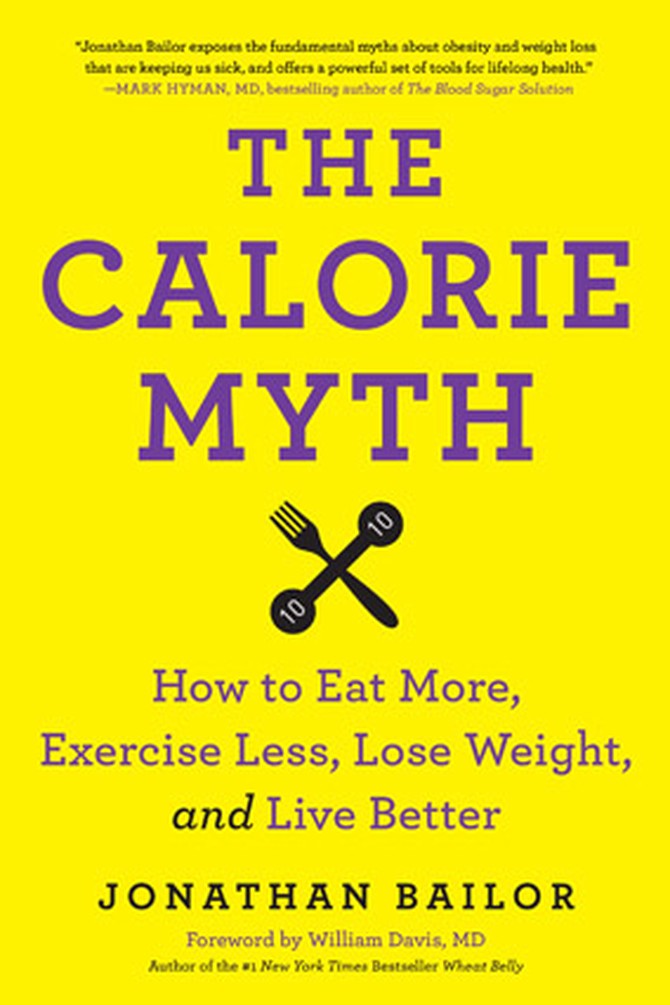
Photo: Courtesy of HarperCollins
Find the Foolproof Way to Decide if a Weight-Loss Plan Is Right for You
Think long term—as in, eternity.
"The 18th-century German philosopher Immanuel Kant proposed a helpful theory for thinking about moral issues: We can tell whether an action is good or bad if it makes sense for everyone to do it all the time. For example, is it okay to lie? No, because if everyone always lied society would fall apart. His logic is ever more useful in the fat-loss and health field. We do not want to lose body fat now only to gain it back later. For instance, the American Journal of Physiology reported that as soon as rats stopped eating less, they gained weight 20 times faster than normal. Before trying any diet or exercise program, ask yourself, 'Can I do this forever?' If the answer is yes, do it. If the answer is no, skip it."
Quoted with permission from The Calorie Myth: How to Eat More, Exercise Less, Lose Weight, and Live Better, by Jonathan Bailor (HarperCollins Publishers 2013).
Next: Advice on eating well
Published 11/13/2015

